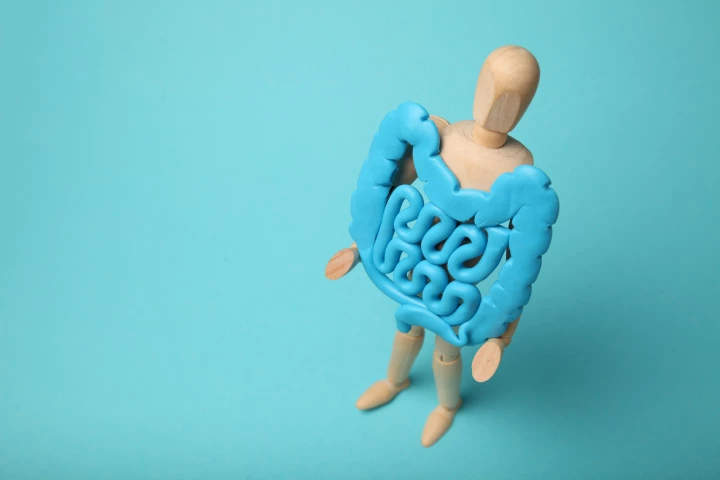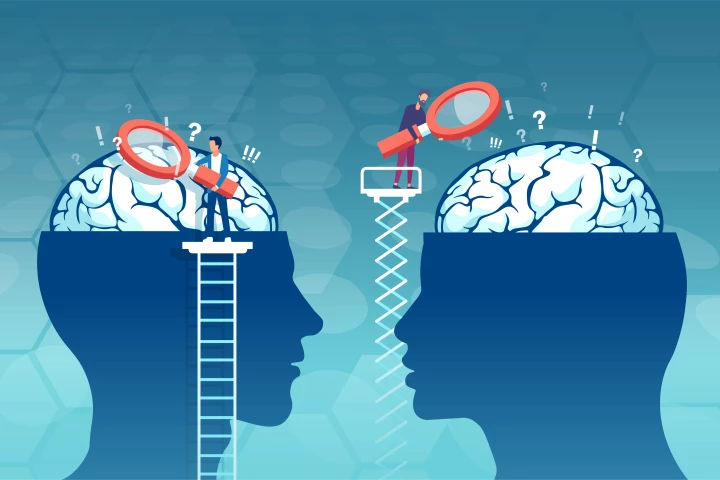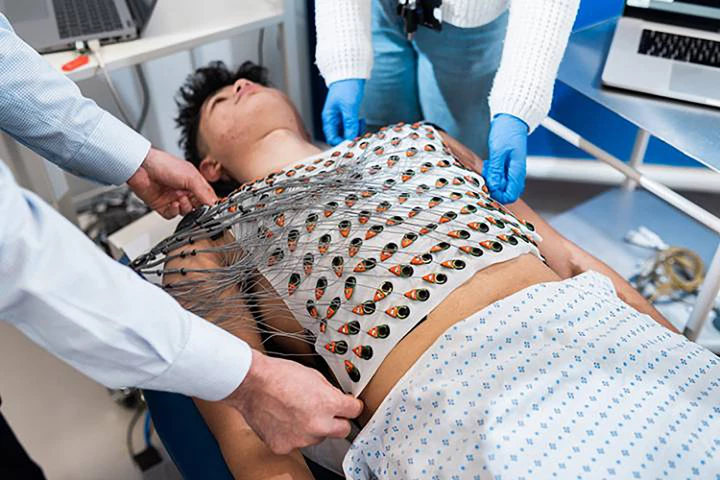University College London
-
A lengthy trip to Mars, which exposes astronauts to a combination of cosmic radiation and weightlessness, could result in permanent kidney damage, according to a new study. It's the largest analysis to date on how spaceflight affects kidney health.
-
For the first time, a major trigger in inflammatory bowel disease (IBD) and related conditions has been identified, and existing drugs are capable of blocking it. It's a "massive step" in successfully treating these debilitating lifelong conditions.
-
Phosphodiesterase type 5 inhibitors such as Viagra are best known for treating erectile dysfunction, but a study of nearly 270,000 men has added to the growing body of evidence that they may also protect the brain against developing Alzheimer's disease.
-
A team has reported the first-ever evidence of human-to-human transmission of Alzheimer’s disease, demonstrating how a human growth hormone treatment transplanted toxic proteins into children and caused the development of early-onset Alzheimer’s.
-
A new study has found that experiencing financial strain, of all life's stressors, had the strongest detrimental effect on the immune, nervous, and endocrine systems that, together, are crucial for maintaining good health.
-
Researchers have developed a reusable ECG vest that takes high-resolution images of the heart's electrical activity that can better identify people at risk of future heart problems and could pave the way for more personalized treatment of heart disease.
-
It’s a safe assumption that we all know binge-drinking is not good for our general health. But a new study shows that one big alcohol-fueled session a week is significantly more harmful than spreading that same amount of drinks out over seven days.
-
A unified Theory Of Everything is the holy grail of physics, but gravity refuses to play ball. A newly proposed theory attempts to unify Einstein’s theory of gravity with quantum mechanics – and importantly, outlines a way to test it experimentally.
-
Researchers have alloyed arsenic with phosphorus to create single-atom-thick ribbons that are highly conductive, making them ideal candidates for use in next-generation batteries, solar cells and quantum computers.
-
For the first time, scientists have identified a marker in the retina that may lead to Parkinson’s disease, and it can be detected early, which could be life-changing for those at risk of developing this or other degenerative conditions.
-
Researchers have identified the molecular pathway that allows male mosquitoes to hear females, which is crucial to their reproduction. It could lead to insecticides that exploit this pathway to control mosquito populations and reduce disease transmission.
-
Postnatal depression is a well-known condition affecting women. Now, a new study has found that men with a history of being prescribed antidepressants are significantly more likely to require antidepressants in the first year after having a child.
Load More











